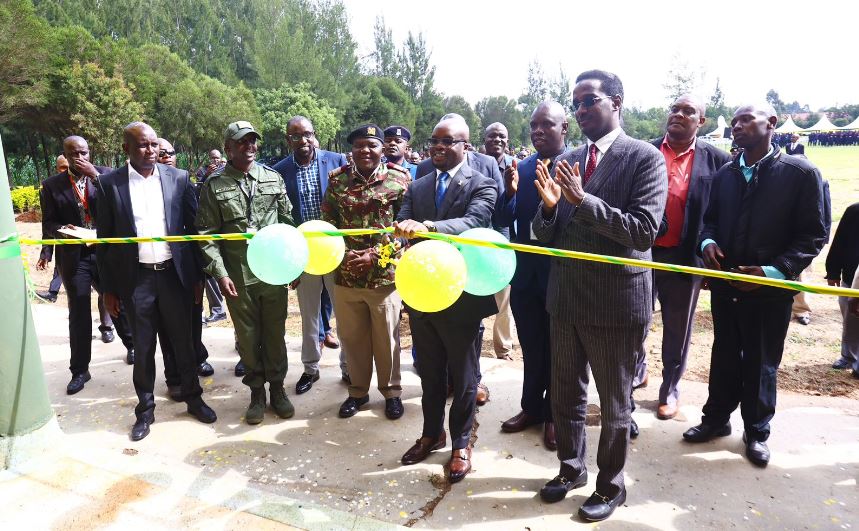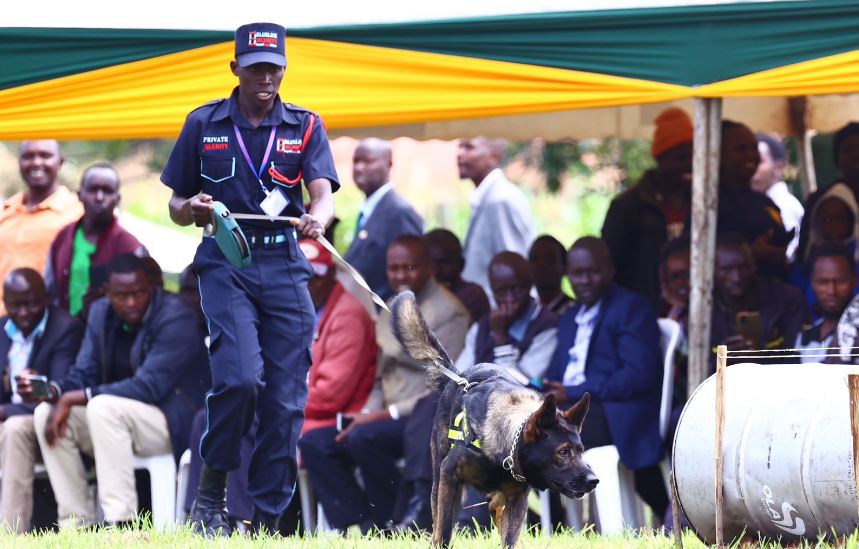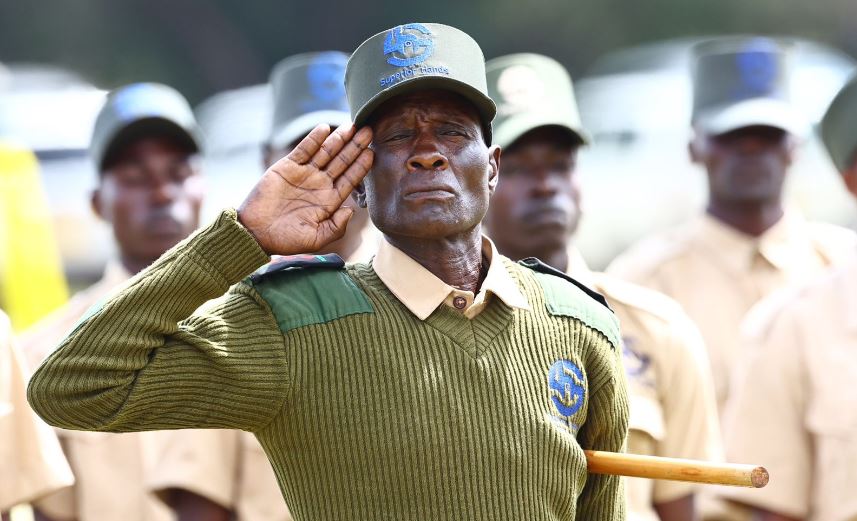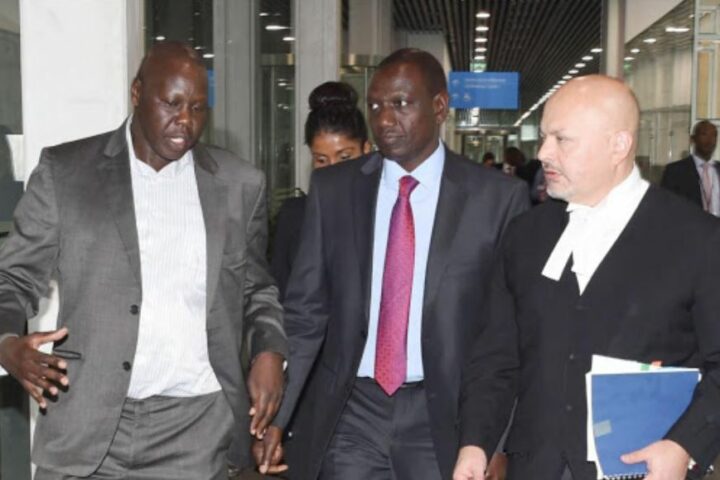 As part of the reform agenda within the security industry, the government has developed a standardized training program specifically for private security companies.
As part of the reform agenda within the security industry, the government has developed a standardized training program specifically for private security companies.
The program marks a significant step forward in establishing well-defined industry standards and an acknowledged code of ethics for security guards. The aim is to equip them with the necessary skills and knowledge to effectively navigate the ever-changing security landscape.
Principal Secretary for Internal Security Dr. Raymond Omollo has described the curriculum as a product of a highly consultative process among key stakeholders, with a focus on elevating the professionalism and competency of private security guards in the country.
“At the heart of these security reforms is providing them with the right training so that they can detect, deter and effectively respond to the current and emerging security threats appropriately,” he said, adding that the comprehensive training will also foster public trust in the capabilities of the personnel.
The industry currently employs over 900,000 people and records an annual revenue of Ksh 100 billion, which Dr. Omollo noted highlights how critical a driver the sector is for the economy in terms of job creation and contribution to Kenya’s GDP growth.
The PS also announced that the government intends to equip private security guards with the requisite tools of trade even as they complement the country’s national security agencies.
“These guards are part of the first line of emergency response. Their quick action makes a significant difference in the outcome of critical situations…That is why we are very passionate about re-engineering and streamlining the industry’s operations to ensure effective and efficient service delivery.”
The PS was speaking in Eldoret, Uasin Gishu County, during the opening of Miale Training Institute, the first Private Security training school for private security guards, where he relayed the government’s commitment to deepening its collaboration with the Private Security Industry in law enforcement and management of crime.
The programme also includes digitalization and automation of services and issuance of Security Force Numbers to private security guards upon completion of Private Security Regulations Authority (PSRA) accredited training from recognized institutions.
“As a responsible government, we also recognize that private security guards can be cogent partners for maintenance of law and order and even the collection and preservation of evidence from crime scenes,” he said.
The Director for Private Security Regulatory Authority (PSRA) Fazul Mohammed announced that the government has also organized a three-day training for all the directors of the private security firms in the country in an effort to harmonize and align the operations of the industry with the country’s national security priorities.
















